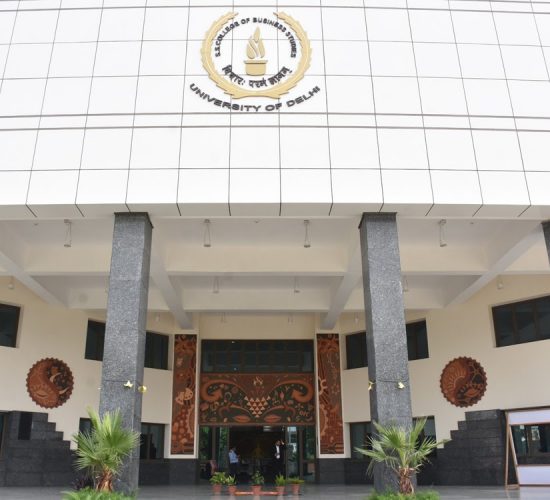Grade "A+" Accredited by NAAC with a CGPA of 3.46
The course introduces the students to different types of operating systems. Operating system modules such as memory management, process management and file management are covered in detail.
At the end of the course, students should be able to:
Unit 1
Introduction: Operating systems (OS) definition, Multiprogramming and Time Sharing operating systems, real time OS, Multiprocessor operating systems, Multicore operating systems, Various computing environments.
Unit 2
Operating System Structures: Operating Systems services, System calls and System programs, operating system architecture (Micro Kernel, client server) operating.
Unit 3
Process Management: Process concept, Operation on processes, Multi-threaded processes and models, Multicore systems, Process scheduling algorithms, Process synchronization. The Critical-section problem and deadlock characterization, deadlock handling.
Unit 4
Memory Management: Physical and Logical address space; Memory allocation strategies – Fixed and Variable Partitions, Paging, Segmentation, Demand Paging and virtual memory, Page Replacement algorithm.
Unit 5
File and I/O Management: Directory structure, File access methods, Disk scheduling algorithms.
Silberschatz, A., Galvin, P. B., & Gagne, G. (2008). Operating Systems Concepts. 8th edition.. John Wiley Publications.
Dhamdhere, D. M. (2006). Operating Systems: A Concept-based Approach. 2nd edition. Tata McGraw-Hill Education.
Kernighan, B. W., & Rob Pike, R. (1984). The Unix programming environment (Vol. 270). Englewood Cliffs, NJ: Prentice-Hall.
Stallings, W. (2018). Operating Systems: Internals and Design Principles. 9th edition. Pearson Education.
Tanenbaum, A. S. (2007). Modern Operating Systems. 3rd edition. Pearson Education.
Use of ICT tools in conjunction with traditional class room teaching methods
Interactive sessions
Class discussions
Written tests, assignments, quizzes, presentations as announced by the instructor in the class
Types of operating systems, memory management, process management, file and I/O management.
Disclaimer: Details on this page are subject to change as per University of Delhi guidelines. For latest update in this regard please refer to the University of Delhi website here.
| Cookie | Duration | Description |
|---|---|---|
| cookielawinfo-checkbox-analytics | 11 months | This cookie is set by GDPR Cookie Consent plugin. The cookie is used to store the user consent for the cookies in the category "Analytics". |
| cookielawinfo-checkbox-functional | 11 months | The cookie is set by GDPR cookie consent to record the user consent for the cookies in the category "Functional". |
| cookielawinfo-checkbox-necessary | 11 months | This cookie is set by GDPR Cookie Consent plugin. The cookies is used to store the user consent for the cookies in the category "Necessary". |
| cookielawinfo-checkbox-others | 11 months | This cookie is set by GDPR Cookie Consent plugin. The cookie is used to store the user consent for the cookies in the category "Other. |
| cookielawinfo-checkbox-performance | 11 months | This cookie is set by GDPR Cookie Consent plugin. The cookie is used to store the user consent for the cookies in the category "Performance". |
| viewed_cookie_policy | 11 months | The cookie is set by the GDPR Cookie Consent plugin and is used to store whether or not user has consented to the use of cookies. It does not store any personal data. |

